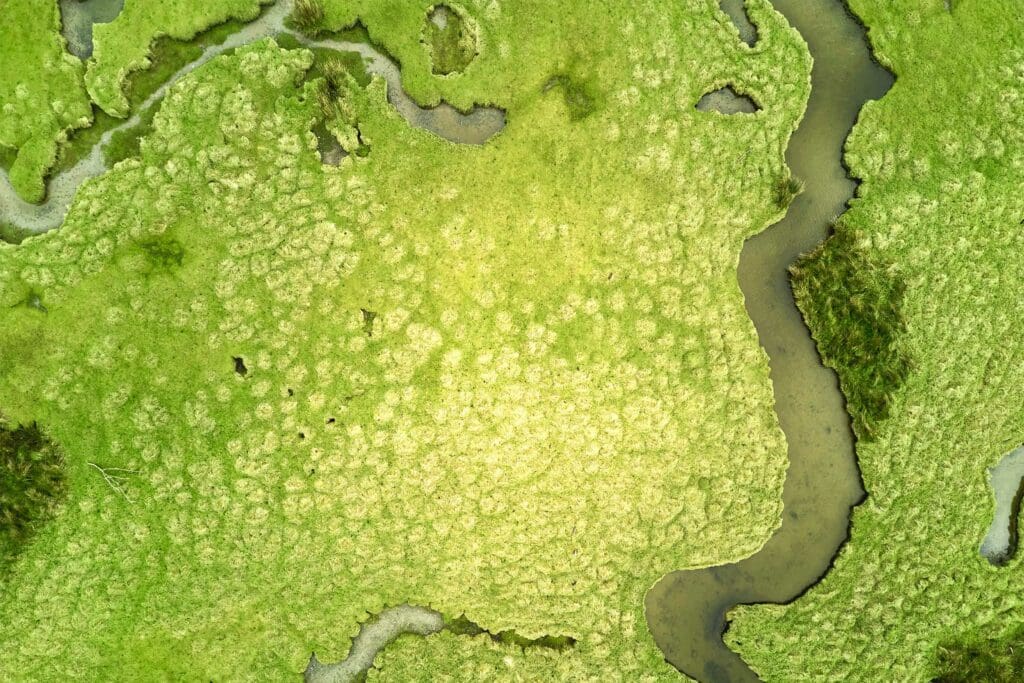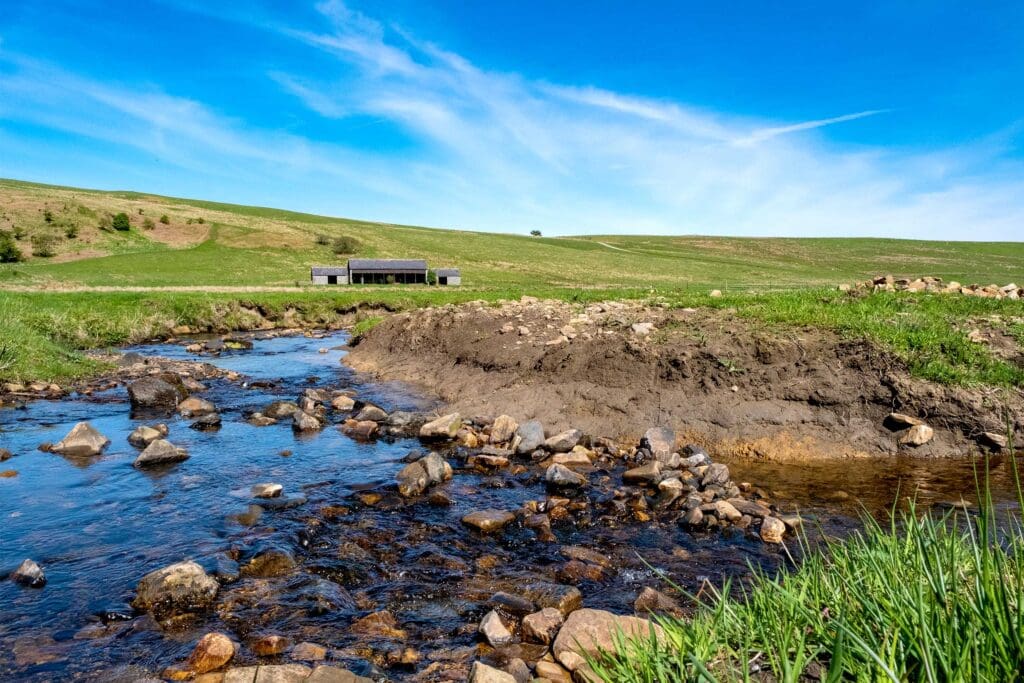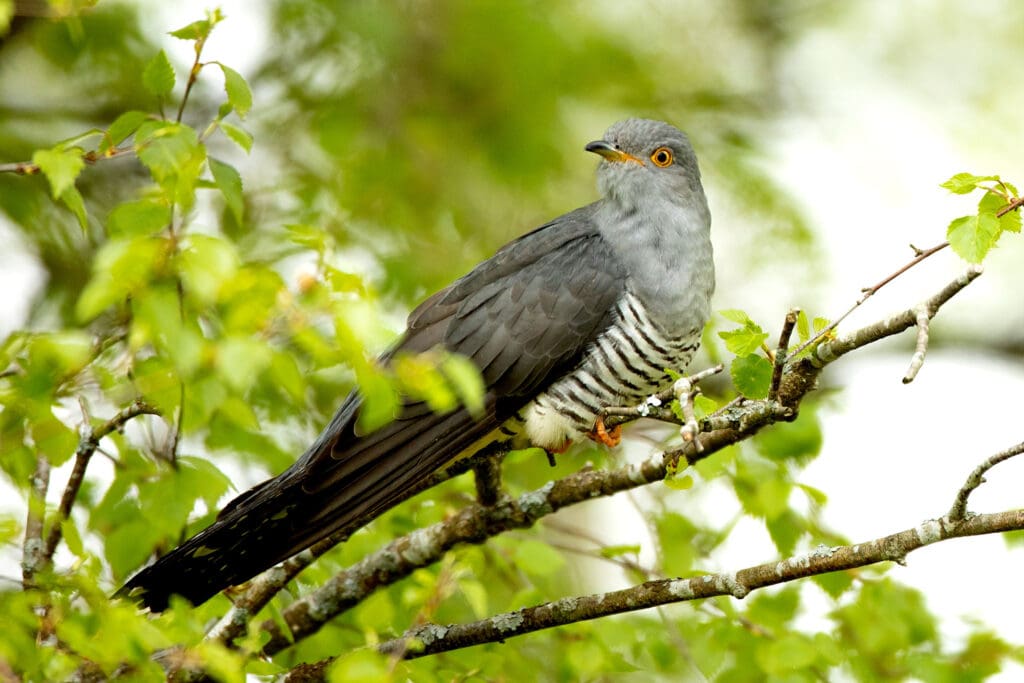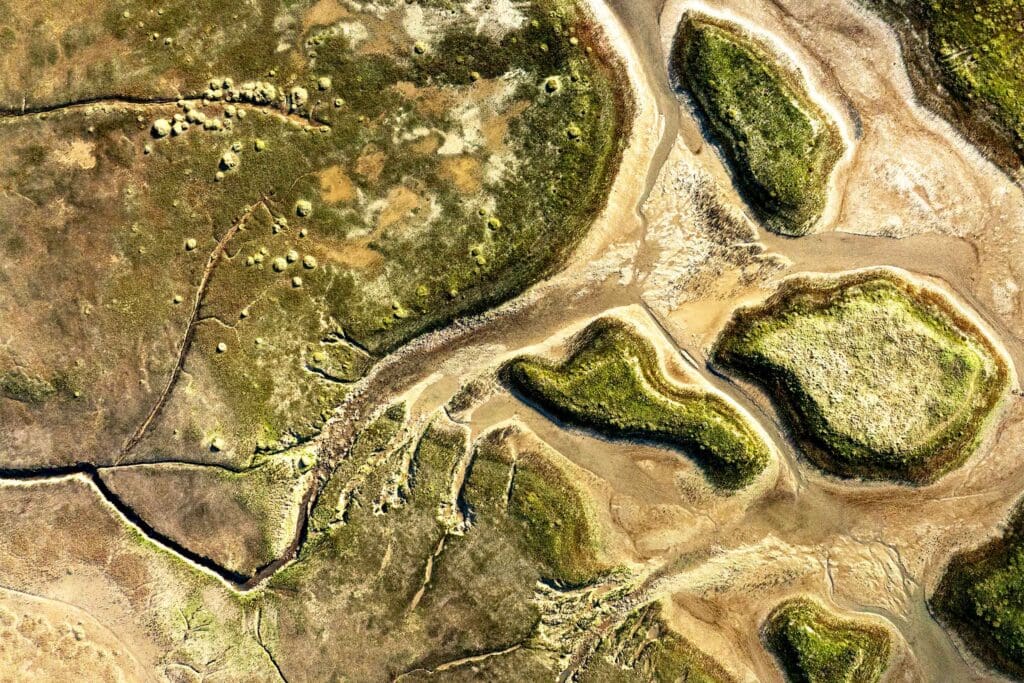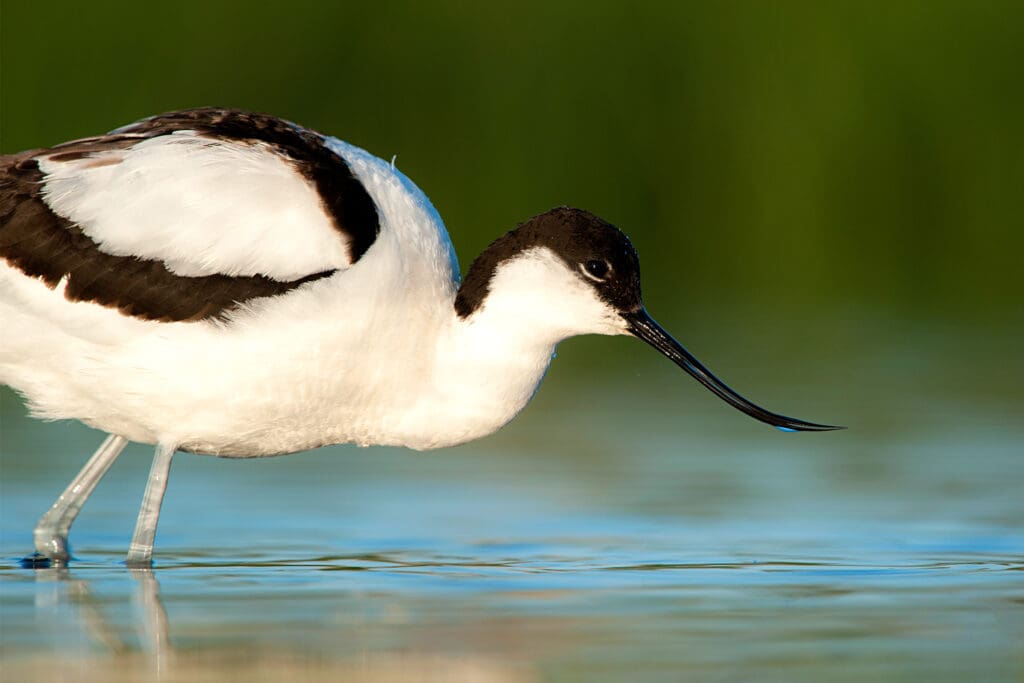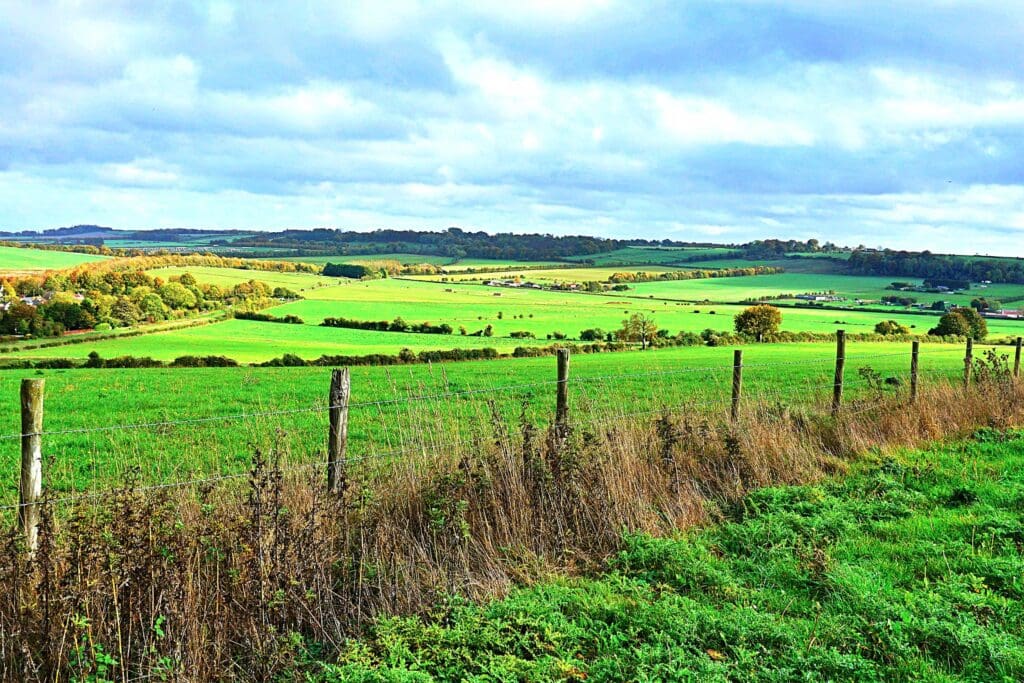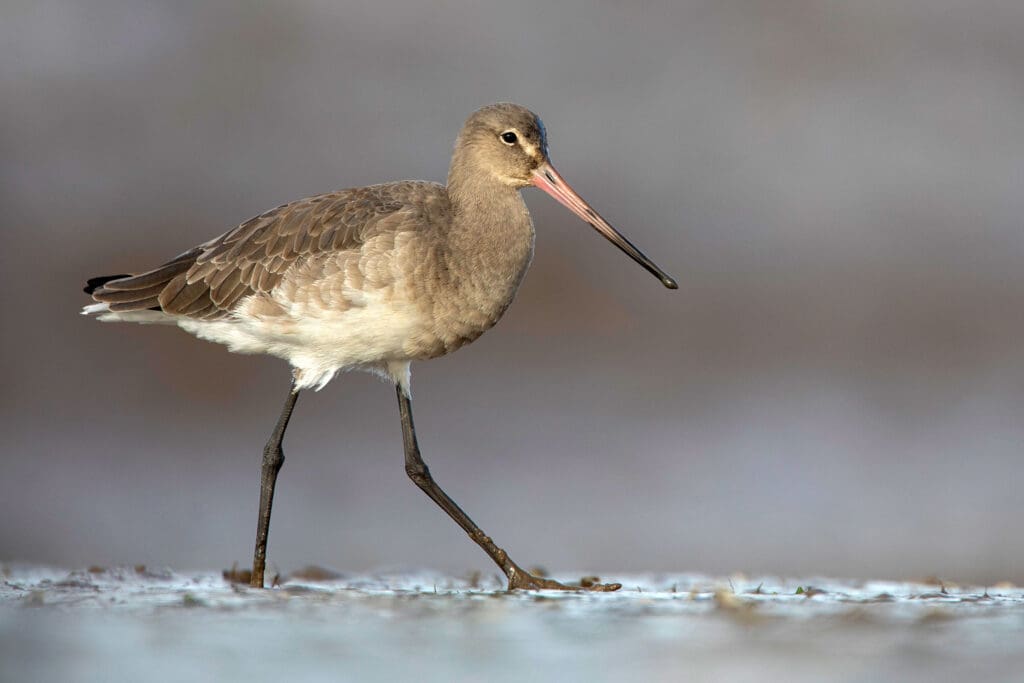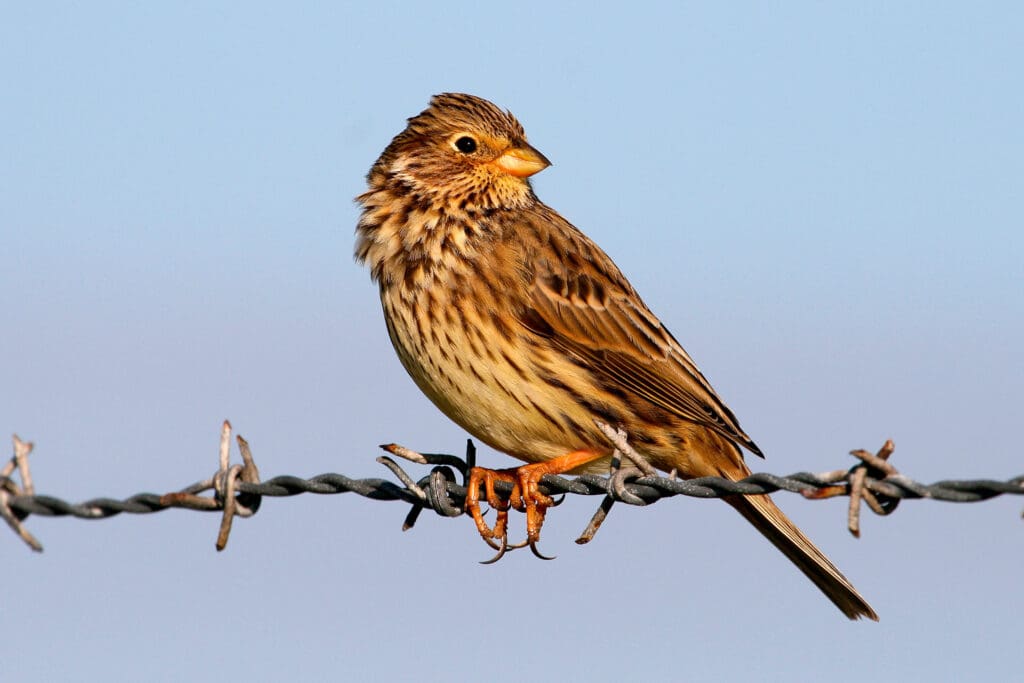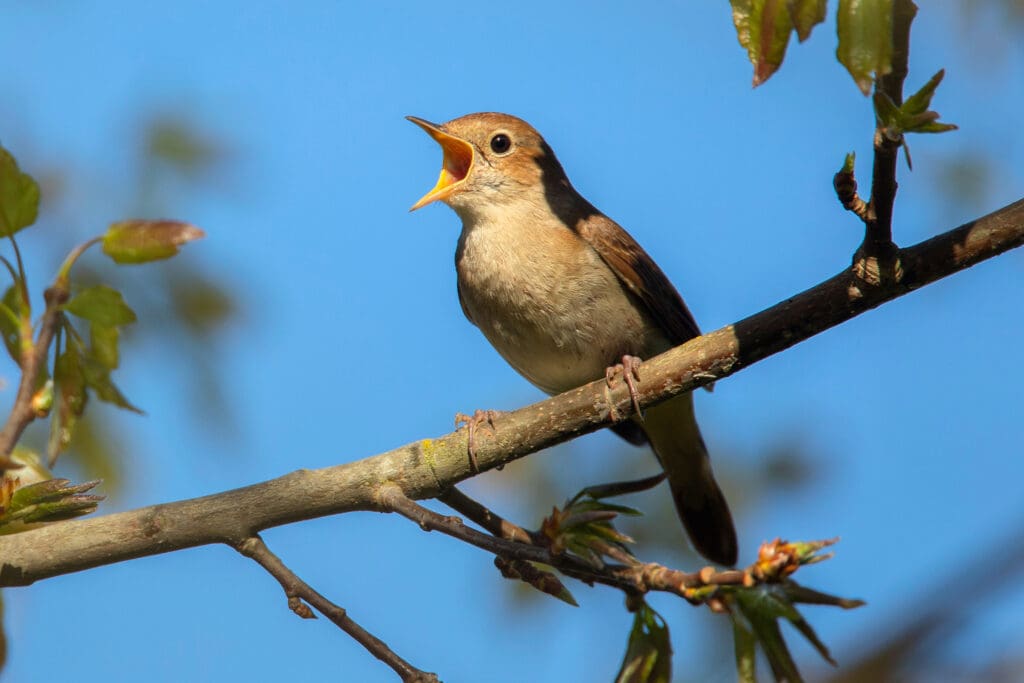Land acquisition is a big part of what the RSPB does, thanks to your generous support, and there have been three notable recent successes. When the RSPB takes on the management of land, the charity works hard to protect it for nature, restore it to help it mitigate the impacts of climate change and, in some instances, open it to the public.
Growing Geltsdale
Thanks to the generosity of donors, supporters and partners, we have recently secured the purchase of Tarnhouse Farm at Geltsdale, making it what is now the largest RSPB nature reserve in England. This is one of the most significant land purchases in our history, and it’s thanks to your support.
This will help us build on decades of restoration work supporting key species, including Hen Harriers – the nature reserve is one of the few places in England where this Red List raptor nests, with eight precious chicks fledging in 2024.
Bird populations at RSPB Geltsdale
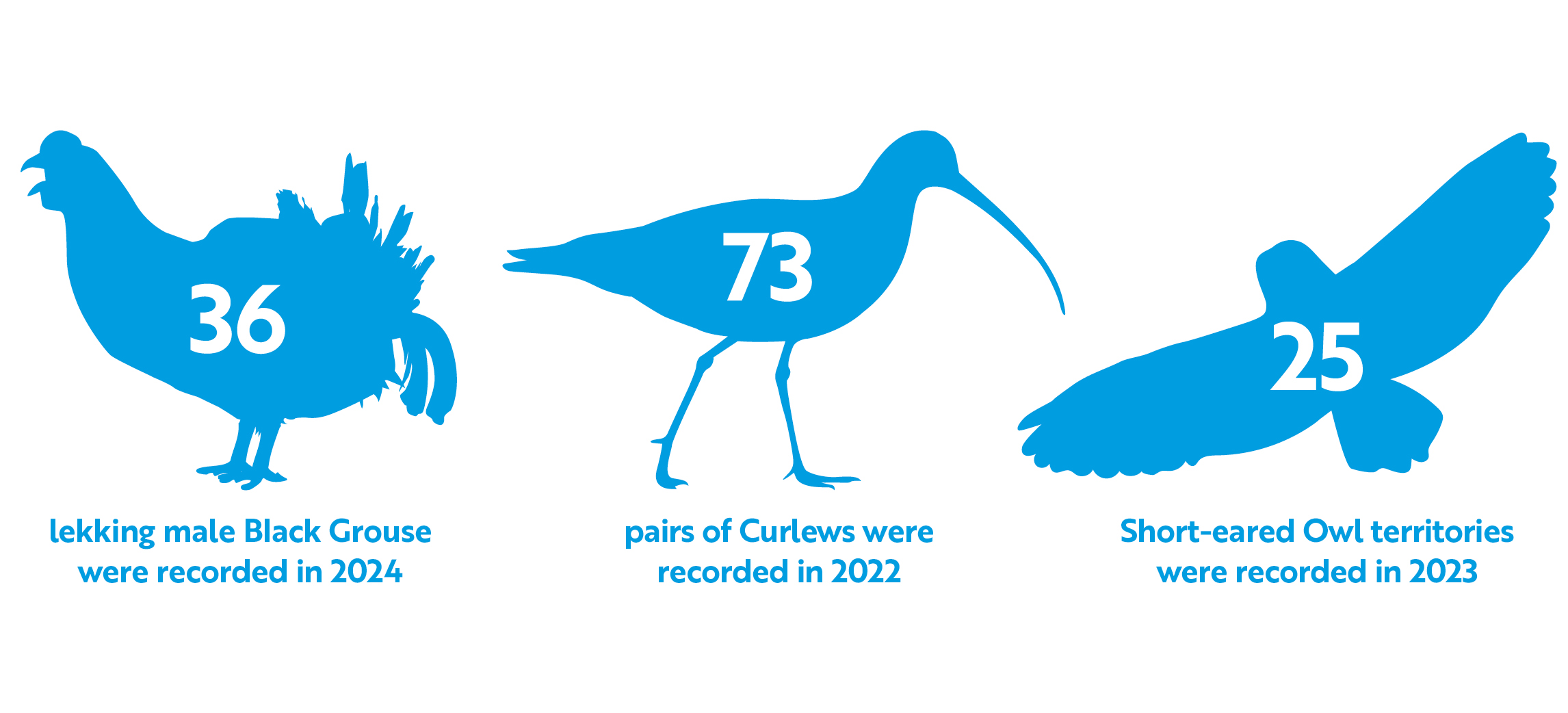
RSPB Geltsdale, situated in the wild North Pennines National Landscape, comprises blanket bog, upland heath, acid grassland, meadows and woodland. Importantly, the site encompasses working farms where we collaborate closely with farmers to deliver livestock grazing to benefit nature.
Read about The RSPB Magazine Editor Jamie Wyver’s visit to Geltsdale.
At the nature reserve, we’ve already planted thousands of trees, rewetted peat bogs and restored watercourses back to their original meandering channels. In a landscape once heavily mined for coal, habitats have been restored with huge benefits for birds.
With your help, we’ll do much more. Our vision for creating a Pennines paradise will include wetland creation and the continued restoration of meandering watercourses, which will allow fish to spawn and invertebrates to flourish. We also have plans to plant Aspen, Juniper and Downy Birch to attract Cuckoos, Willow Warblers and Tree Pipits. And we’ll restore more peatland, thereby revitalising the bog and helping to lock up carbon, benefiting the climate.
Wallasea gets bigger
Lapwing, Avocet, Corn Bunting and Nightingale are among the birds that should benefit from habitat creation work at the newly expanded RSPB Wallasea Island, in Essex, which is growing by 100ha with the purchase of four fields west of the existing nature reserve.
Wallasea was acquired by the RSPB in the 2000s. Its level was then raised by the addition of 3.2 million tonnes of soil excavated during the development of the Elizabeth Line in London. Its marsh, mudflats and saline lagoons are home to wildlife including Spoonbills and Black-tailed Godwits, with Short-eared Owls and Hen Harriers hunting over grassland where Adders and Shrill Carder Bees thrive.
A 6ha freshwater lagoon will be created on the additional land – bought thanks to a transformative grant from the Ida Davis Family Foundation – benefiting passage and wintering waterfowl and helping support breeding waders such as Lapwing, Redshank and Avocet. In addition, a mixed scrub/grassland mosaic will be established, providing extra habitat for breeding Corn Bunting and feeding habitat for wintering raptors.
A new RSPB nature reserve
A former intensive dairy farm in Wiltshire is set to transform into a haven for wildlife, thanks to a partnership between the RSPB and the Wiltshire Council. Over the next several years, the RSPB will turn the 120-hectare Roundbarrow Farm into a chalk downland nature reserve, filled with flower-rich chalk grasslands and diverse insect, plant and bird life.
It will become a haven for rare chalkland plants, butterflies and birds such as the Stone-curlew, which relies on this specific landscape.
In the UK we have lost around 80% of chalk grassland since WWII, due to the intensification of agriculture, loss of mixed farming and increased use of pesticides. RSPB Roundbarrow is an opportunity to create a downland nature reserve from scratch, exploring how hedgerows, scrubby edges, woodland, cultivated ground and grassland can work together for the greatest variety of wildlife.
The site sits in the internationally protected River Test catchment area, a rare chalk stream at risk from excess pollutant nutrients. Removing intensive dairy farming and shifting to a lower number of sheep and beef cattle will reduce nutrients entering the water, helping to protect chalk streams down to the Solent.
RSPB Roundbarrow will also benefit the local community. The council is installing a permissive bridleway through the nature reserve, connecting Firsdown and Pitton villages for the first time, and establishing a community orchard. Watch this space as we transform this site for nature.
You might also like
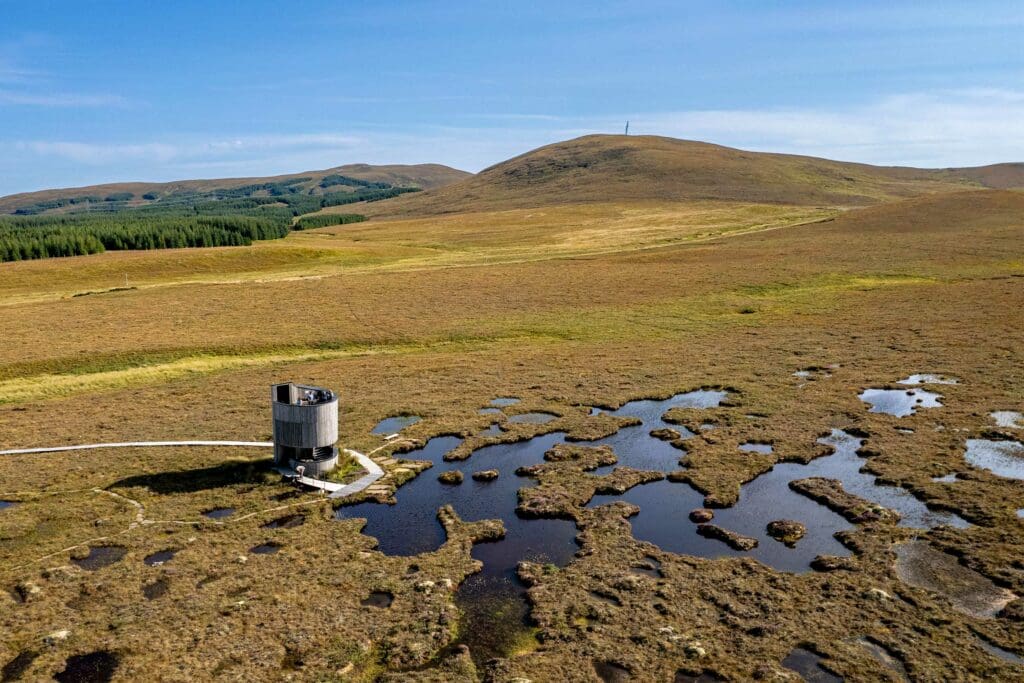
The balancing act of protecting nature
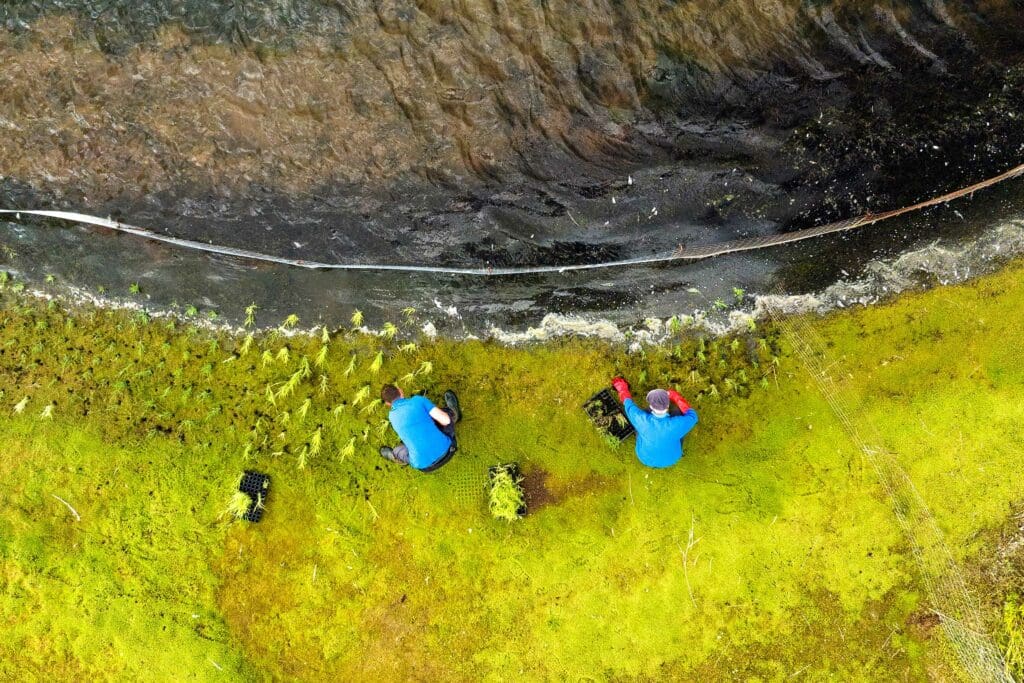
Revise and refocus: How the RSPB is changing
